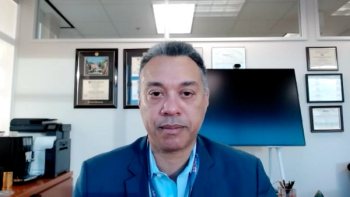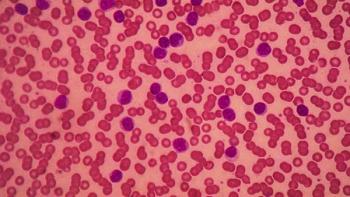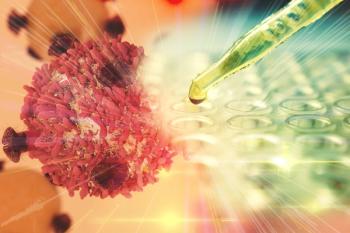
How Lymphoma Diagnosis and Treatment will Challenge You
Lymphoma Diagnosis and Treatment - A lymphoma diagnosis is terrifying. First, you will experience shock, and then terror. Shock because we all go through life
Lymphoma Diagnosis and Treatment – A lymphoma diagnosis is terrifying. First, you will experience shock, and then terror. Shock because we all go through life thinking and even naively believing, “these things do not happen to my family or me.” Shock because it did happen to you or your family.
Wrapping your mind around the diagnosis can be overwhelming. Once it actually sinks in, then you begin to ask the doctor, “what now? Where do I go from here? How long am I going to live?” The doctor will explain the treatment options that are available to you. Those options will depend on the type of lymphoma you have.
The two most well-known diagnoses are
Questions about lymphoma
What is lymphoma? It is a cancer of the lymphatic system, which is part of the immune system and helps fight off germs, bacteria, and viruses and removes toxins from the body.
How many types of lymphoma are there? Four other types are often talked about; these include Chronic lymphocytic leukemia, Cutaneous B-cell lymphoma, Cutaneous T-cell lymphoma, and Waldenstrom macroglobulinemia. However, non-Hodgkin’s contains 30 separate groups.
What is the
Treatment for lymphoma
What are the primary treatments for lymphoma? There are seven different treatments, which one is right for you will depend on which lymphoma you have. The seven are:
- Radiation
- Chemotherapy
- Immunotherapy
- Biological therapy
- Bone marrow
- Stem cell transplantation
- CAR T-cell therapy
Sometimes a combination of therapies can be used, such as radiation and chemotherapy. Your oncologist will determine which therapy or therapies will best suit your treatment plan based on your type of lymphoma, the severity of the lymphoma, and your overall health.
Treatments will be challenging. You will experience a range of issues from the therapies. Issues such as:
- Fatigue
- Nausea
- Vomiting
- Hair loss
- Low red blood cells
- Low platelets
- Bowel problems
- Lack of appetite
- Risk of infection
Those are just a few of the issues that may challenge you during treatments. The doctor may be able to prescribe medications that can help with nausea, vomiting, or bowel problems. Discuss any issues you are having during therapy with the doctor, even if you don’t think it is a side effect of the treatment you are on.
Symptoms of lymphoma
What are the symptoms of lymphoma? There are several signs of lymphoma that, at first glance, could be caused by other health issues. Some of these symptoms include:
- Swelling of the lymph nodes of the neck, armpits, or groin
- Chronic fatigue
- Running a temperature
- Night sweats
- Shortness of breath
Weight loss without trying to lose weight- Itchy skin
If you experience any of these symptoms by themselves or more than one, see your doctor as soon as possible. Tell the doctor the symptoms and describe them completely so he or she can determine what types of tests you will have. If a diagnosis is not obtained early then it’s possible for cancer to spread rapidly and eventually move into a
The doctor will also consider your
- Age – 55 or over tend to be more at risk
- Sex – males develop lymphoma more than women
- An impaired immune system
- Developing certain infections
Your family history will also be considered along with those risk factors listed above when determining the tests that they will use.
How can you reduce your challenges?
How can you reduce your challenges to treatments? Start by eating a nutritious diet that is plentiful in vegetables and fruits. Be sure to eat healthy fats and protein from sources such as nuts, fish, eggs, and lean meats.
Exercise can help reduce your fatigue by helping you sleep better as well as giving you energy. You must be careful not to overdo it, but you should try to do physical movements every day for at least 20 minutes. Training can include: walking, swimming, bicycling, things that do require high impact are good exercise. Exercise will also reduce your stress and blood pressure while helping to strengthen the heart.
Another way to reduce your challenges during treatment is to set up a driver who will take you to and from your therapies. You may also need to set up people to do your cooking, cleaning, shopping, or helping the kids during treatment cycles should you become fatigued, weak, or too nauseous to do these things for yourself.
Conclusion
Life with lymphoma and the treatment for it can present challenges, but you and your doctor can meet those tests by anticipating and planning ahead. Being prepared for the trials of your Lymphoma diagnosis and treatment will help lower the stress and anxiety that you feel about it.




